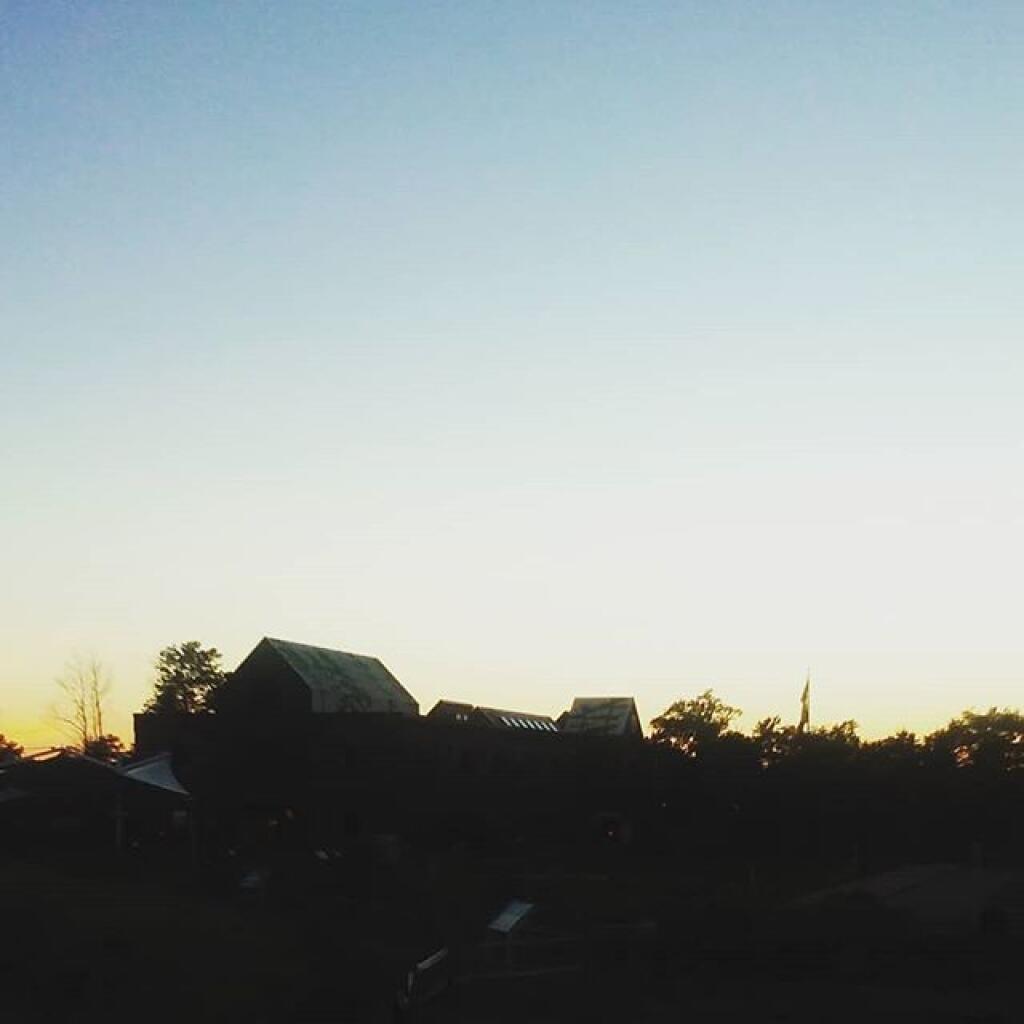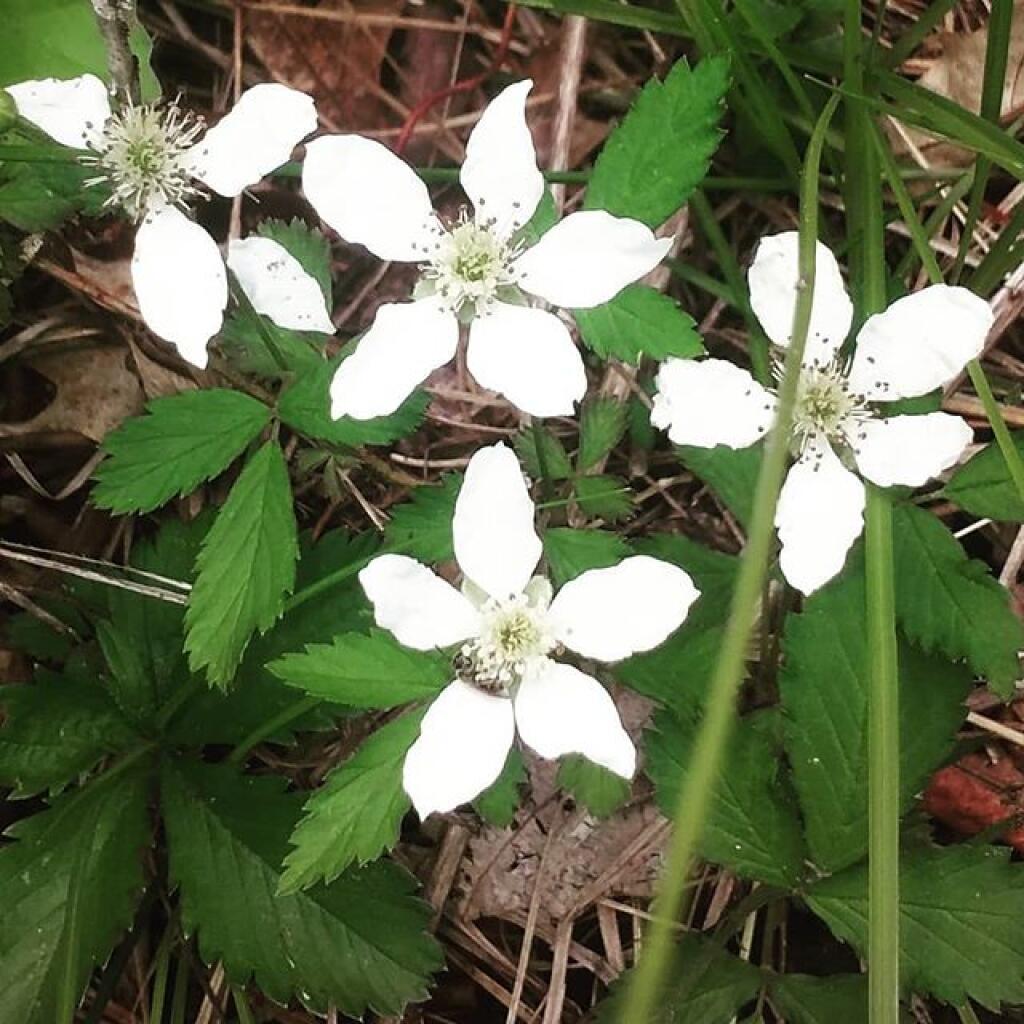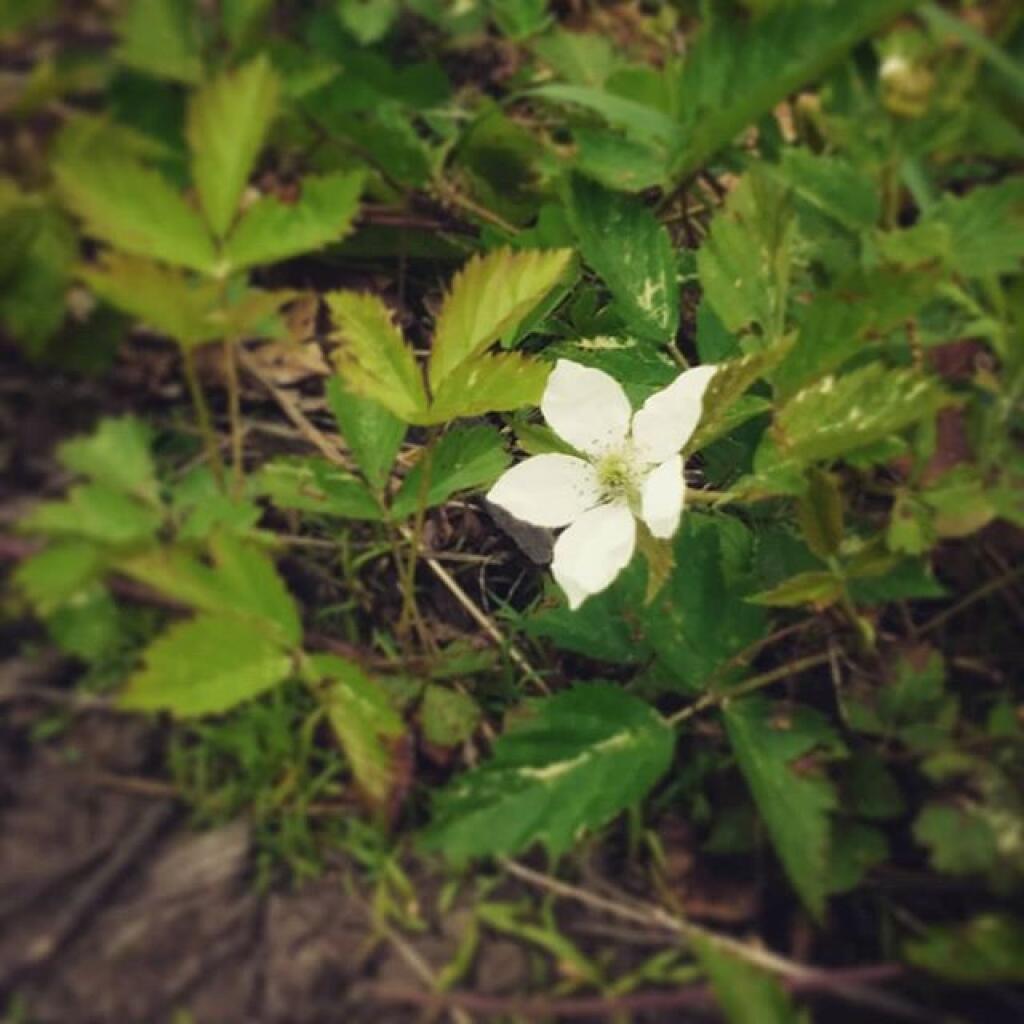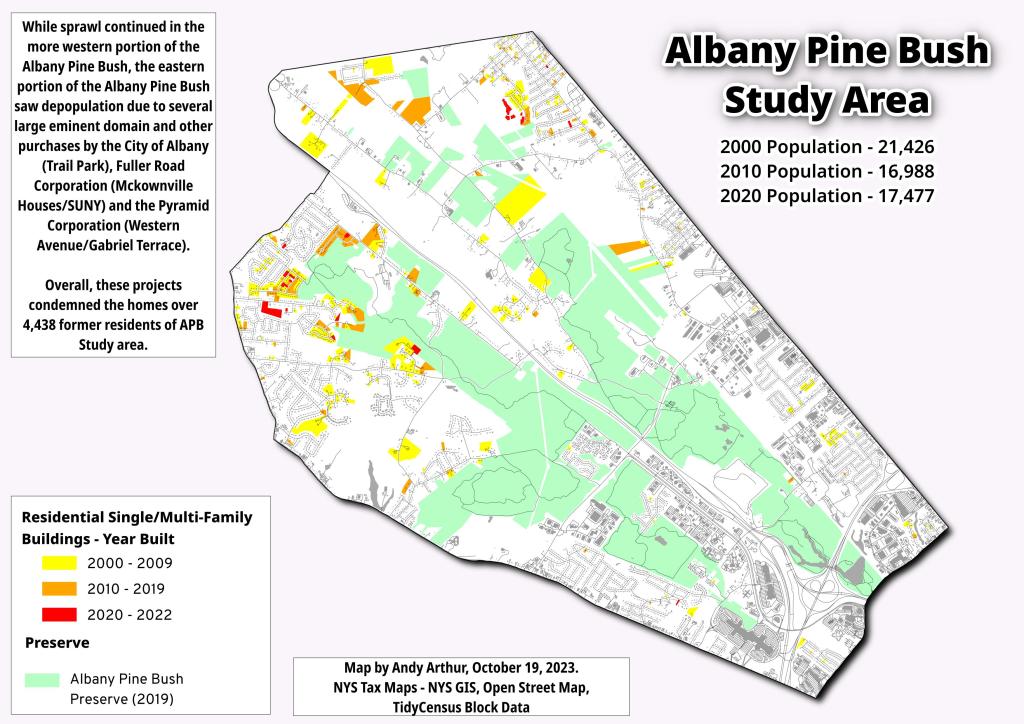Albany Pine Bush
Astors
Lupine Along New Karner Road
More then Half a Million People within 15 miles of Albany Pine Bush
I was looking at 2020 US Census data, and discovered that more then half a million people live within 15 miles of Albany Pine Bush Preserve. For over 45,000 New Yorkers, the Pine Bush is only a short walk from their homes, although some of the roads aren't exactly pedestrian friendly out that way.
| Miles | 2020 Census Population |
| 1 | 45,297 |
| 2 | 93,029 |
| 3 | 152,968 |
| 4 | 237,253 |
| 5 | 319,685 |
| 6 | 374,531 |
| 7 | 425,261 |
| 8 | 483,227 |
| 9 | 540,967 |
| 10 | 583,255 |
| 11 | 615,564 |
| 12 | 637,654 |
| 13 | 654,763 |
| 14 | 672,376 |
| 15 | 690,848 |
Karner Road
The pitch pine experience, without even having to start up your fossil fuel burner.




